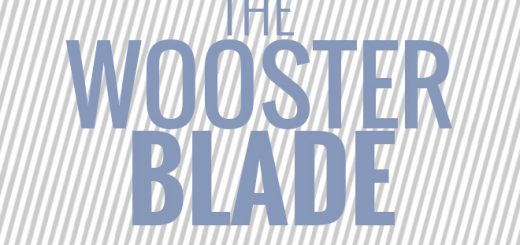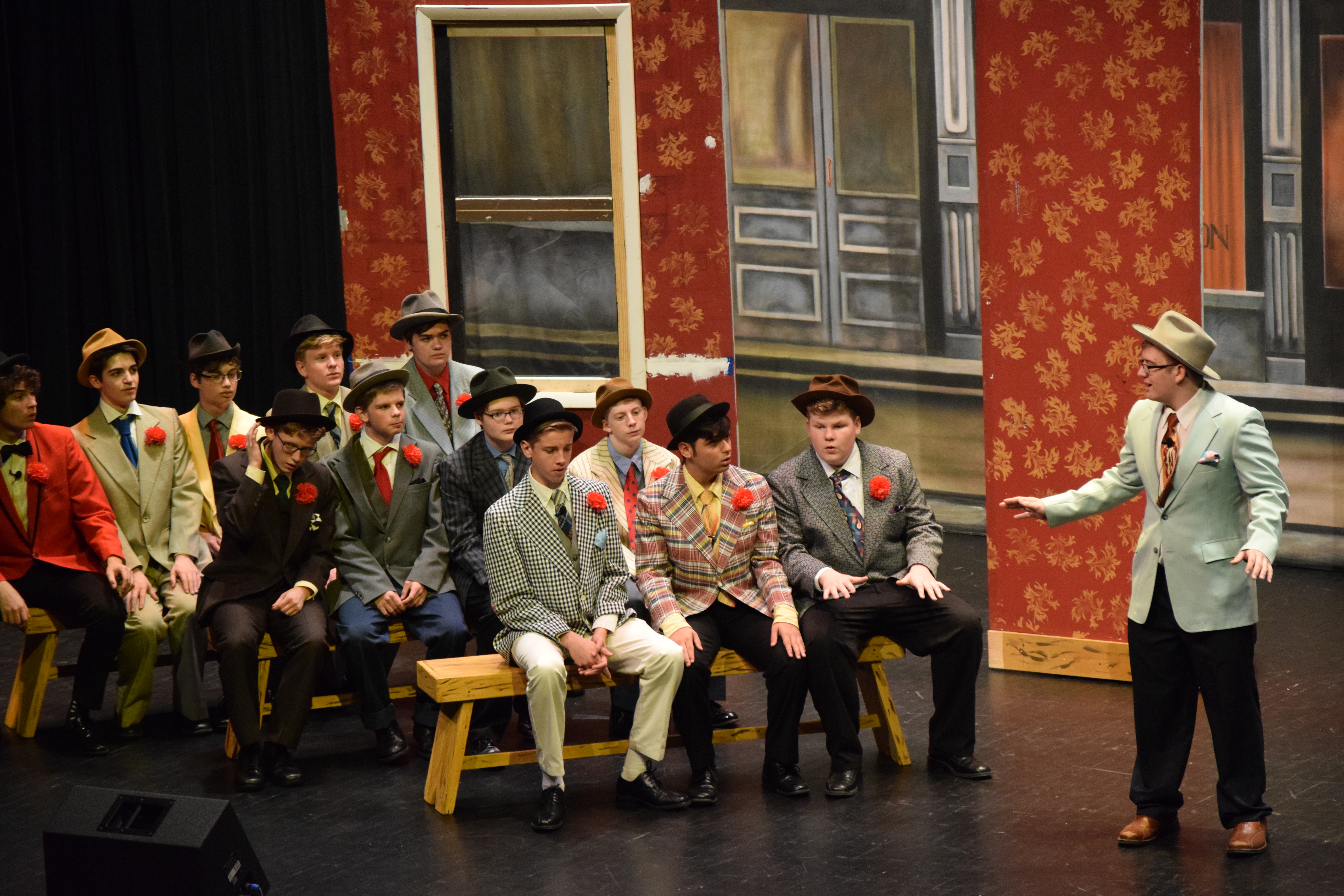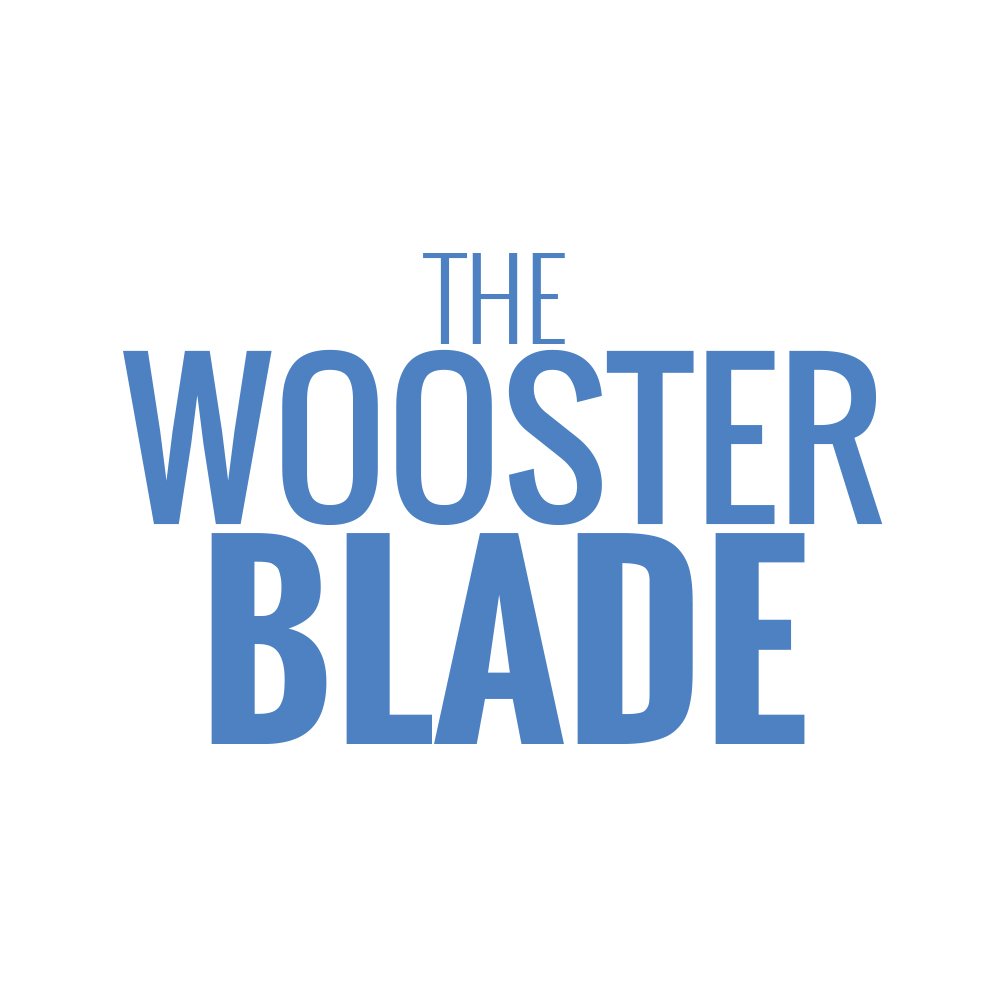Q&A with Michael Lydon of Rolling Stone Magazine
Several weeks ago, I had the chance to hear Michael Lydon’s program on writing about pop music at the Columbia Scholastic Press Association.
I was interested by the comments he nonchalantly made about his long and varied career as a music journalist and his role in starting Rolling Stone Magazine
After his speech, I approached him to set up an interview.
I spoke with Lydon for about 30 minutes, during which I realized he had a lot more to say than what we could print. For more information on his life and to hear his music, visit michaellydon.com.
Q.Your website talks about how your interest in music started, but how did your interest in writing, especially about music, start?
A. “When I was about the third grade, I wrote something that I said was about a ‘book worm’ and it was about how he liked to eat books and books like The Decline and Fall of the Roman Empire were too long and were too dusty and he likes meaty things. And also, around the same age, I tried to write my own version of Tom Sawyer and Huckleberry Finn, so by a young age I somehow had an idea of writing and how to write. My interest in writing about music started right when The Beatles came out in 1964, and I was in college. I loved pop music and motown and jazz; I loved all kinds of things, so I wrote in my paper and said ‘Oh The Beatles are no good, listen to “Heatwave” by Martha & the Vandellas, that was a really good song.’ Before that, I was trying to write about politics and be some kind of political pundit who could write about the President and Congress, but no one ever read my writing, or at least no one talked to me about it. As soon as I wrote that thing about The Beatles, kids were calling me from across campus to talk to me about it and a light went on in my head and I realized, ‘Hey, this is something I could do,’ I could put my love of writing together with my love of music and then, as the ‘60s went on, I graduated and went to work for Newsweek, so when I was in London, I interviewed John Lennon and Paul McCartney and other bands. And then, Newsweek transferred me to San Francisco right when the Haight-Ashbury and hippies and Grateful Dead and Janis Joplin and Jefferson Airplane was all happening, so, as a reporter, it was something I could follow; it was a beat. For instance, when Sgt. Pepper’s Lonely Hearts Club Band came out and then the Stones released Their Satanic Majesties Request sort of as a reply to it and then Bob Dylan released a, I don’t remember the name right now, but he released a really bare-bones, simplistic album as a response to all of the stuff coming out and that was his answer to all of it. And, Bob Dylan put out a song that said, ‘He not busy being born is busy dying,’ and I was trying to apply it to myself. And I thought, ‘What does that mean? I don’t want to grow old. How do I stay young? How do I keep busy being born?’ So, it was not just the sound in the music but the ideas in the music that I found really, really interesting and challenging. The main thing was, just as a journalist, I found a story that was fascinating to me, and it was a continuing story but with new development, and I could stick with it as a reporter covering a story and that’s what it was. Another good thing, other reporters, they didn’t get it. They didn’t care about Janis Joplin, they didn’t care about Bob Dylan. They thought Bob Dylan couldn’t sing. And I felt that I got it, so it created a sort of freelancing opportunity, so all of a sudden, I was writing for The New York Times Sunday Magazine, Esquire, The Atlantic, because they wanted to be hip and cover the exciting thing and they felt that I got it.”
Q.Obviously Rolling Stone is now one of the most recognizable magazines, how did that start?
A. “I was in San Francisco working for Newsweek Magazine, and there was sort of a group of us writers who loved the music and wanted to write about it, and we all sort of knew each other a little bit. I mean, we weren’t all best friends, but I was in that circle and Jann Wenner [co-founder of Rolling Stone Magazine]. He one day called me up and said, ‘Come on, let’s go get a cup of coffee,’ and he offered me the job of managing editor. It was his baby. I was a founding editor, but it wasn’t like the two of us started this thing; Jann Wenner started it. He had the idea, he had some money, he had the name, he had the logo, designer, some photographers and so I helped on the first four or five issues and I would go from Newsweek down to the Rolling Stone office at lunchtime or on the weekends. Sometimes, I would use the Newsweek phone to save us a little money for long distance calls. It was a lot of fun. It was very exciting, and the most exciting thing was, it caught on right away. Rolling Stone was the right time, the right size, the right place and, boom, we were just getting phone calls from England, from New York, from Los Angeles right away. It just grew, grew, grew, right away. After about five or six issues, I stopped working there and I continued to write for Rolling Stone for about five years and, then, it just sort of faded out of my life. It was a lot of fun.”
Q. You witnessed what could be considered a “golden age” of rock and roll, at the time did the music feel like it had the significance that it seems to carry now?
A. “In the ‘60s, with Bob Dylan, the Beatles and the Stones, plus motown, plus Muscle Shoals and the southern sound and James Brown, it really felt, at the time, like a revolution. I mean, Bob Dylan, he’s like John Keats. He’s a major English poet: poet who writes in English. And we felt it. We felt that these guys are really good artists. They’re worth listening to; they’re worth learning from; they’re worth imitating; they’re worth being inspired by.”
Q. What was it like touring with big names like the Stones, B.B. King, Johnny Cash, anyone else you may want to talk about?
A. “It was different with all of them. Johnny Cash was with June Carter. I got a rip in my pants when I was with them, and June Carter said, ‘Oh here you go, Michael, give those pants to me overnight,’ and the next morning she had patched them. B.B. King was such a gentleman, such a hard-working, good guy. The Stones tour was the longest; I was with them for a month. That was really wild. It was very exciting; they were right my own age. They were basically nice guys; they weren’t arrogant. They were just hard-working, good musicians. Keith Richards, I really liked. He was just a dedicated guy. And, you know, the hotels with the screaming crowds. I had a backstage pass to everything. I knew that I was where every hippie in America wanted to be. The thing that was toughest was that, and it was not because they were arrogant guys, but the situation was, they were the most important people and everyone else was less important. If I ended up in a car with Keith and Mick, that was a good day. If I ended up in a truck with the amps, that was a bad day. I’ve got my own ego and I think I’m pretty cool, so it wasn’t fun having to worry about your sort of status all the time. But, the music was so great and the excitement was so great. I’m really, really glad it happened in my life.”
Q. I know making music seems to be a large part of your life now; do you feel that your passion for music has changed over time or is it just manifesting itself differently?
A. “It has gotten more. It keeps growing. I love music. There’s a fellow who parks at our block and when he plays jazz records pretty loud on the radio, we run down to hear better. I’m still working on playing a clean, melodic scale, hitting all the strings. I just love music; I love all kinds of music. I love to listen to it; I love it when I hear kids singing a silly song on the playground. I love the birds. I just love music.”
Q. Is there a feel to music you like best, or a way of hearing it? Like any specific crowd you like to play for the most or any level of formality you like to play in the most?
A. Well I played in the subway for quite a few years, six or seven years, and I purposely thought, ‘Okay Michael, you’re playing on the subway. So. that seems like low-end of the totem pole.’ But, then I thought, ‘This is anybody in the world. everybody, at some point, goes through the New York subway system.’ So, it isn’t a college crowd; it isn’t a folk song crowd; it isn’t a jazz crowd. It’s just everyone and anyone. I would say the music that I love best is music with African-American roots: jazz, blues, R&B. From Louis Armstrong to Count Basie, Duke Ellington, Billie Holiday, Otis Redding, Ray Charles. I wrote a big biography about Ray Charles. There’s something about the Black beat, the bluesy feeling, the emotional honesty, the pride, the sexiness. I just love it. I love all kinds of music, but Black American music, I think, is my favorite.





